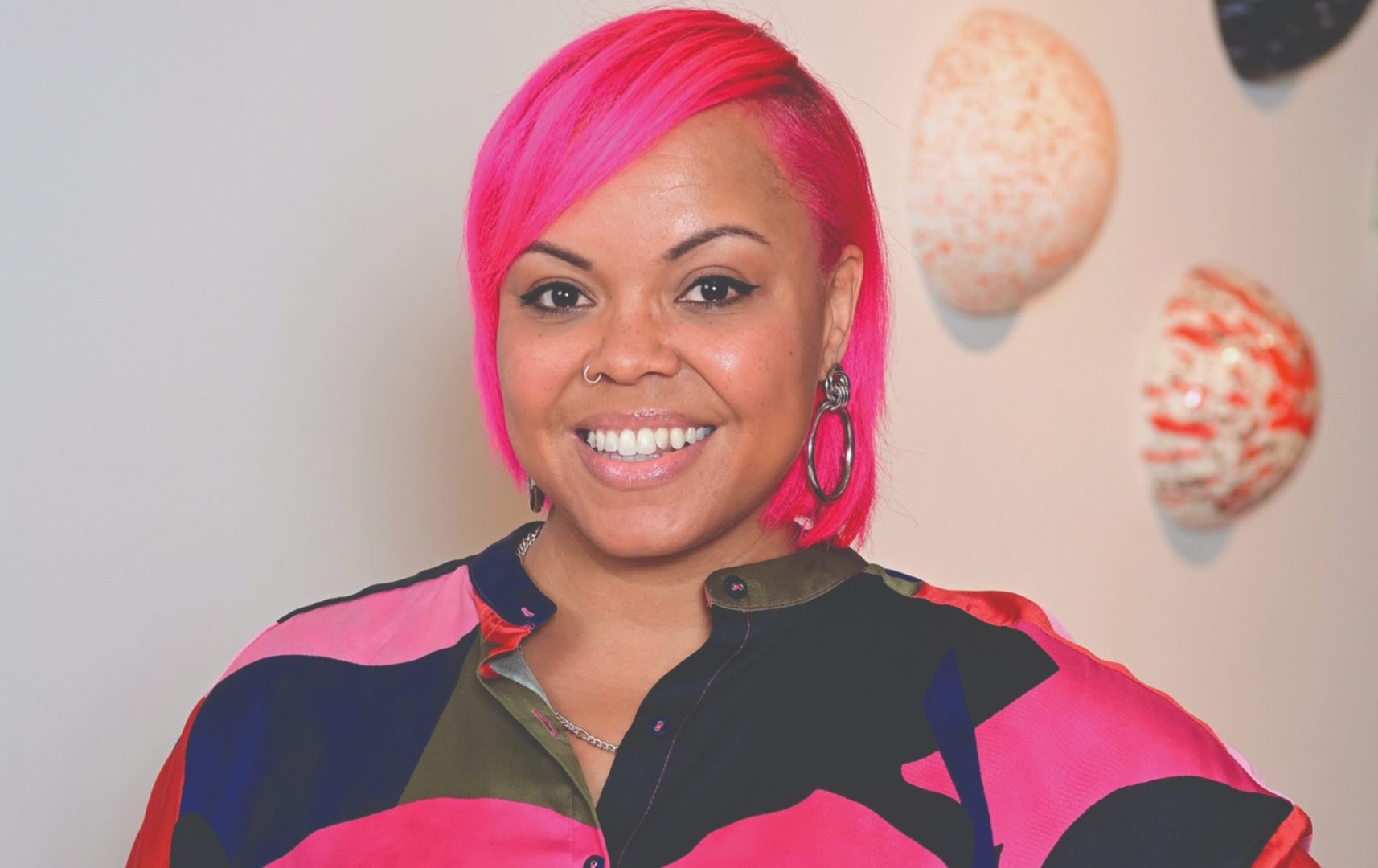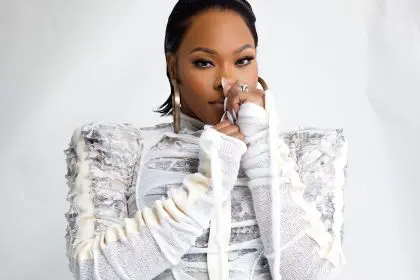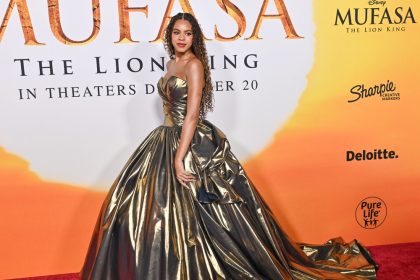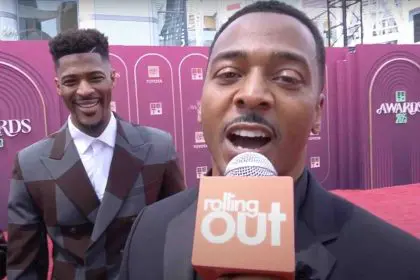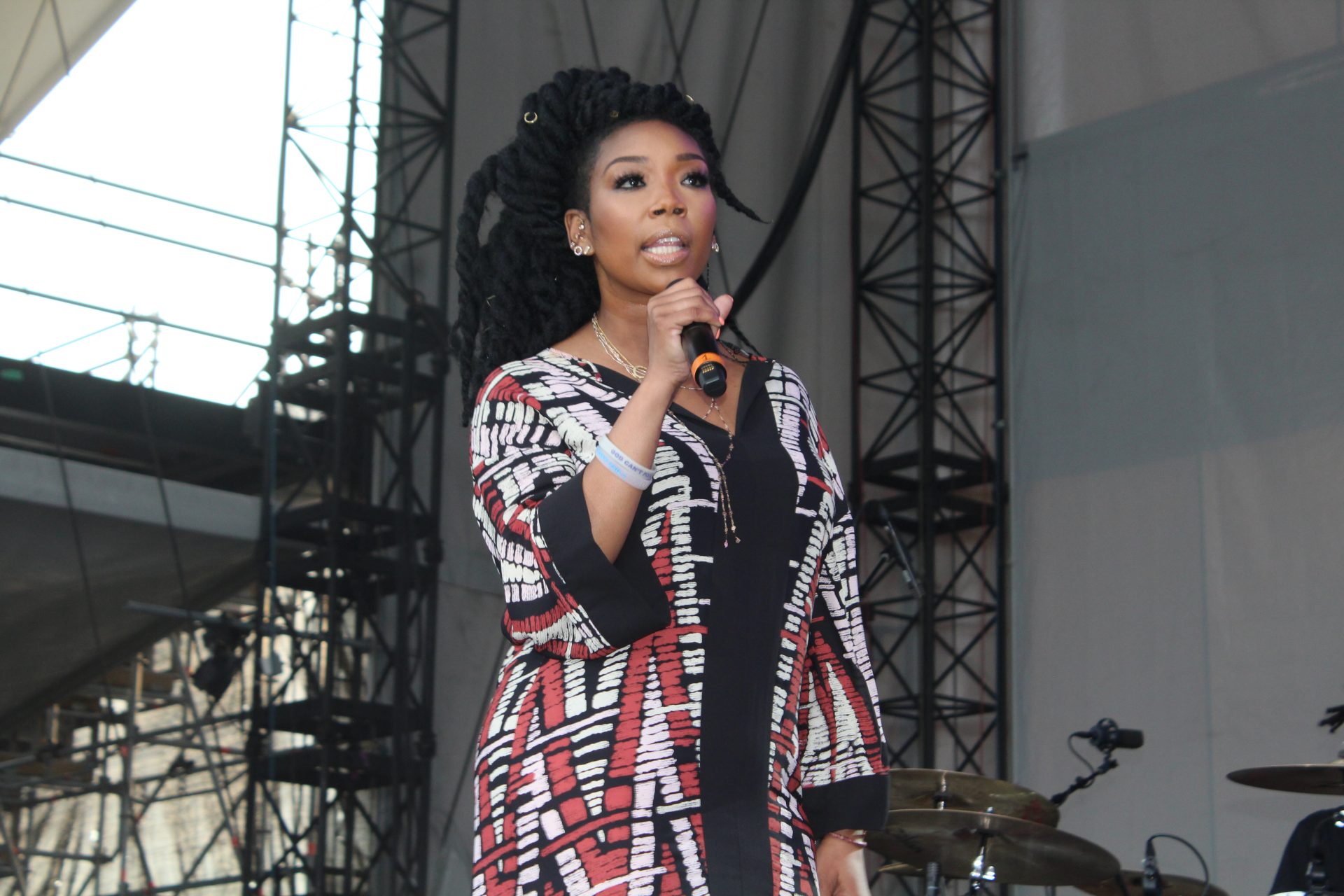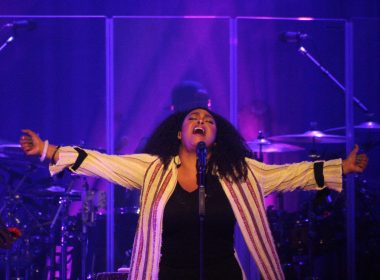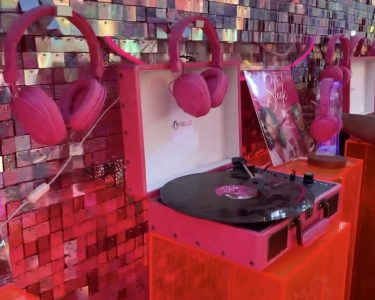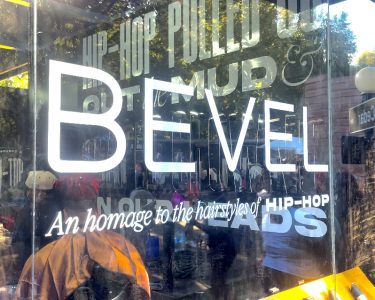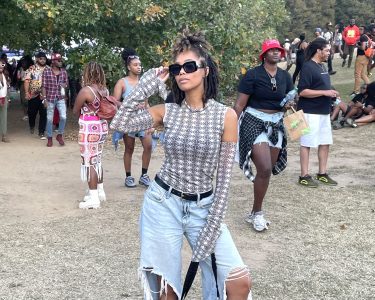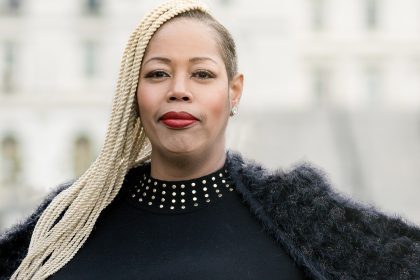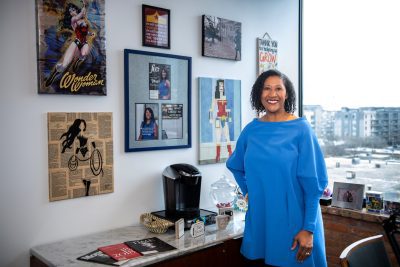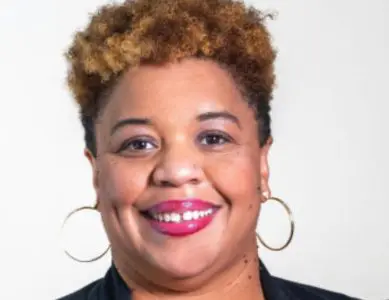Oronike Odeleye is an event production professional with over 20 years of experience creating meaningful public engagement with the Art & Culture of the Black Diaspora. She serves as the Artistic Director of the National Black Arts Festival, the oldest non-profit in the country dedicated to the support of Black art and artists.
For over a decade, Odeleye served as the Festival Director for ONE Musicfest, a yearly black-owned music festival that hosts more than 40,000 attendees over two days each year. As a freelance project manager, Odeleye has managed local and international arts, culture, and entertainment projects for various non-profit and governmental agencies. In 2017, she co-founded the #MuteRKelly campaign, sparking conversations around the nation about sexual abuse in the Black community.
She has received many awards for her work in arts and advocacy, including the OMF Honors, the Root 100’s Most Influential African Americans, the Activist Impact Award, and the Visionary Champions Award.
What are your responsibilities and why did you select your career?
I serve as the Artistic Director of the National Black Arts Festival. I am charged with creating impactful and engaging Black arts programming that educates, engages, and excites the public while supporting Black artists in their work. I believe in the transformative power of art as a tool for Black self-determination and advancement and use my work in arts administration to create safe spaces for Black creativity, growth, joy, and liberation.
Odeleye, the Kwanzaa baby
As a Black woman, what do you consider your superpower(s) to be?
I believe that creativity is my superpower. As a Kwanzaa baby, I was raised to understand the principle of Kuumba to mean not just the artistic ways that Black people express ourselves, but the original and innovative ways that we make our lives happen; how we build our families and communities; juggle our different roles and responsibilities; and create culture wherever we are. I use this creativity to make magic wherever possible out of whatever’s available.
Why is it important for women of color to work in leadership roles and decision-making capacities?
Because we bring the perspective of community into whatever we are working on. Black women think wholistically about organizational success in ways that foster community and partnership, take into account the least among us, make space for diversity and difference, and center empathy and support as a guiding principle.
If you could thank any Black woman for her contributions to history and society, who would it be and why?
It would be Harriet Tubman. She is one of the earliest examples we have in this country of a Black woman being audacious enough to take her destiny into her own hands, to live outside of prescribed gender roles, to be an unapologetic leader of men with the pistol to back up her word, and to do it all not for personal glory, but for love of family and community.
Odeleye believes in giving back
Why is it important for more experienced Black women to reach back and help younger women of color?
It’s important for experienced Black women to mentor the next generation of leaders so that they have a quicker route to the success that it took many of us a long time to achieve. Life is full of gatekeepers and people that would rather Black people, but Black women especially, not know their worth. It’s the responsibility of all of us who have achieved any level of success to share our knowledge with the generations coming up behind us so they know their value, have historical knowledge to build and innovate upon, and are able to go farther and achieve more than their predecessors.
As a successful woman in business, what is your greatest or proudest achievement?
My proudest career achievement today would have to be ONE Musicfest hosting our festival in Piedmont Park to over 40,000 attendees from all over the world in 2023. Having worked with the festival from its inception in the parking lot of King Plow Arts Center for a few hundred people, to having grown it to the multi-million-dollar, largest Black owned music festival in the Southeast that it is today, it has been an invaluable experience to see first-hand the grit, determination, creativity, and resilience it takes to really achieve success. Seeing a sea of Black and Brown faces enjoying what they claim as a space of freedom and joy in community with one another was a truly emotional experience that made all the years of work, stress, and uncertainty worthwhile. I look forward to growing the National Black Arts Festival to this stature and creating more safe spaces for Black joy in the future.

